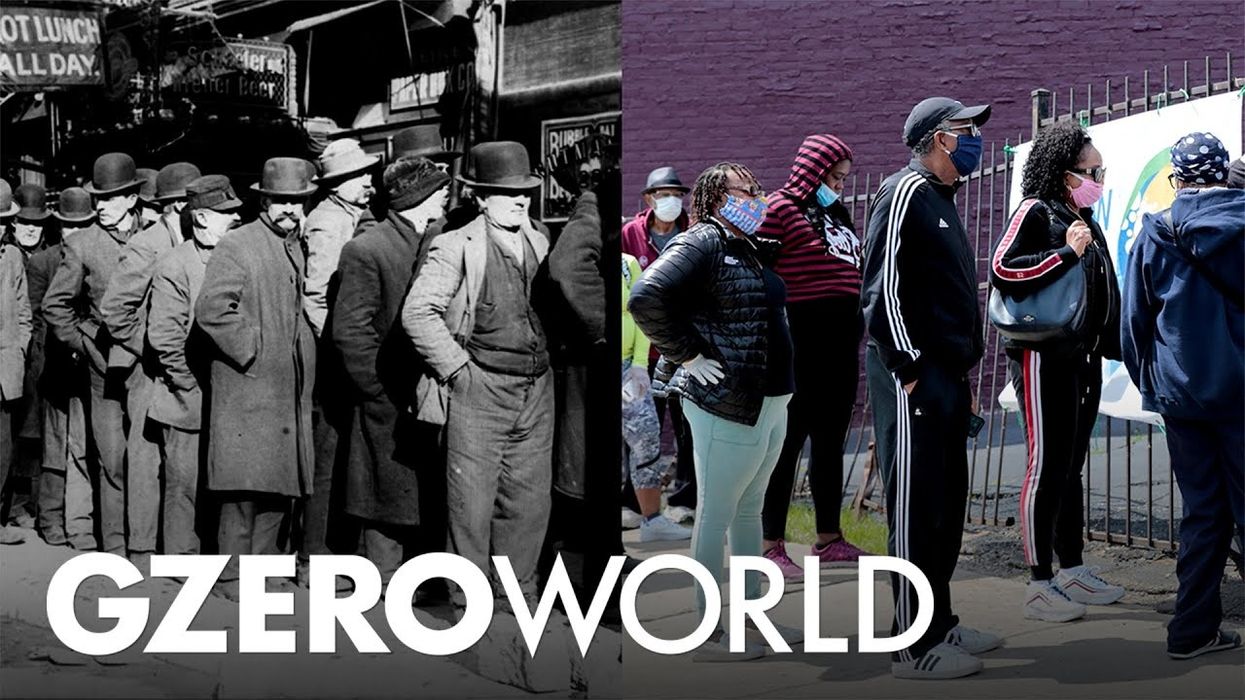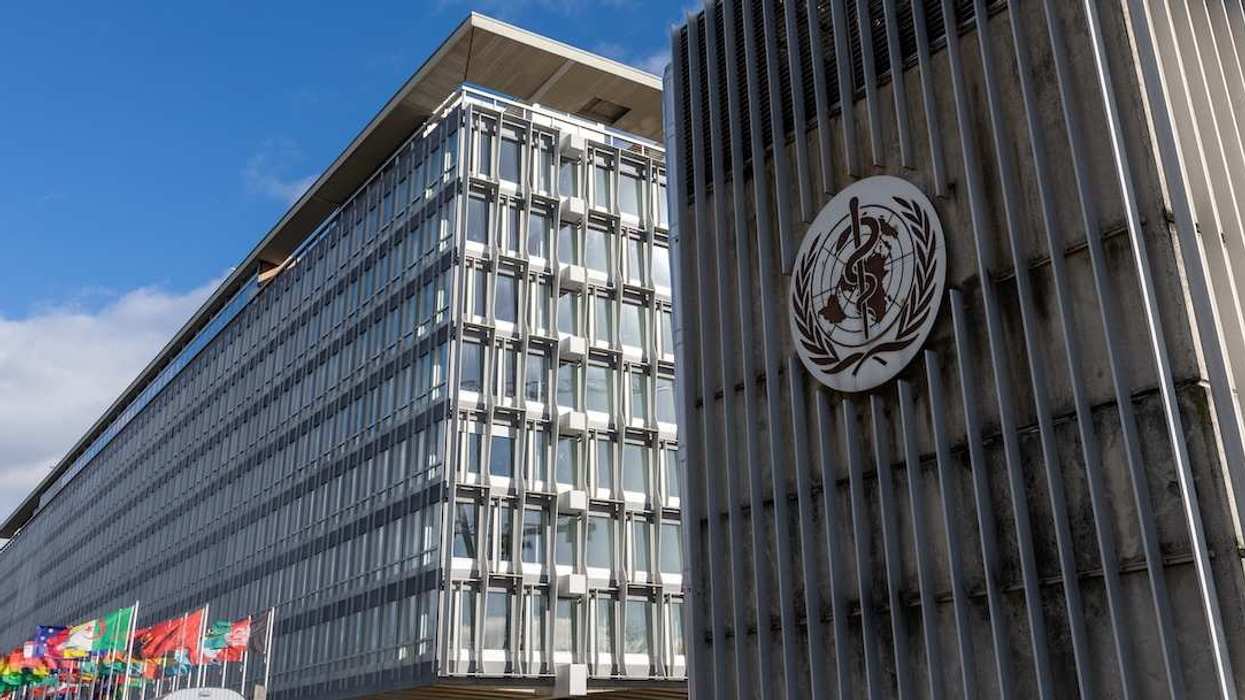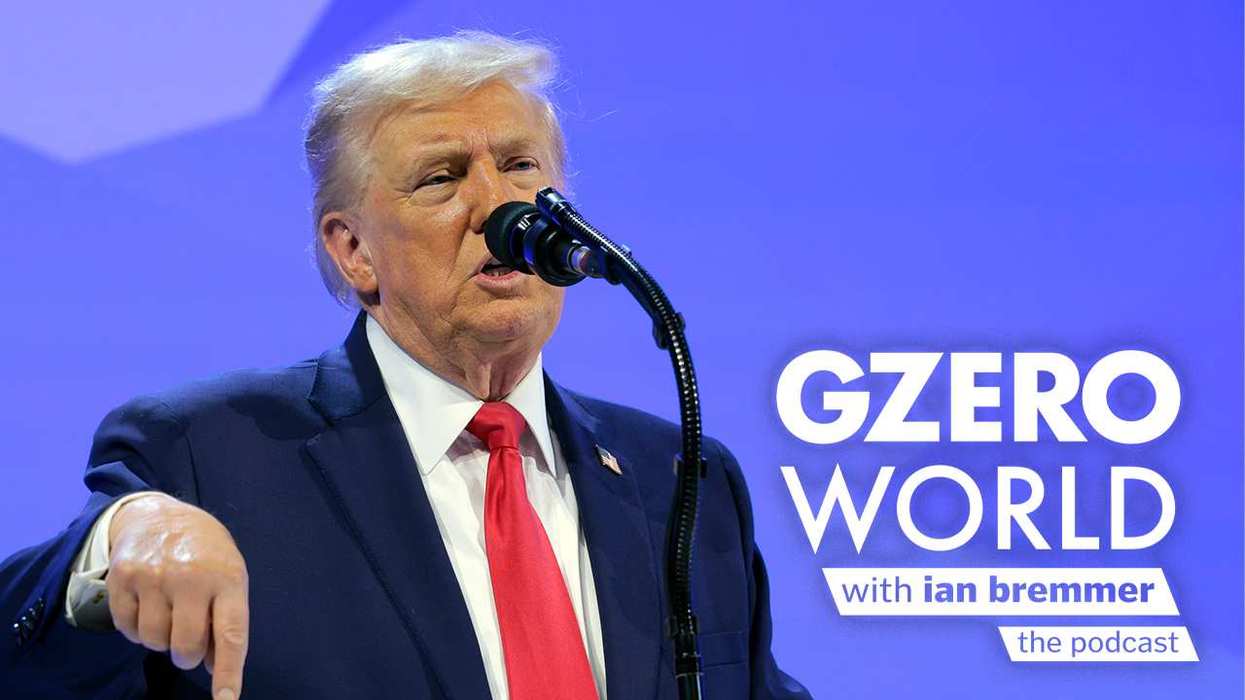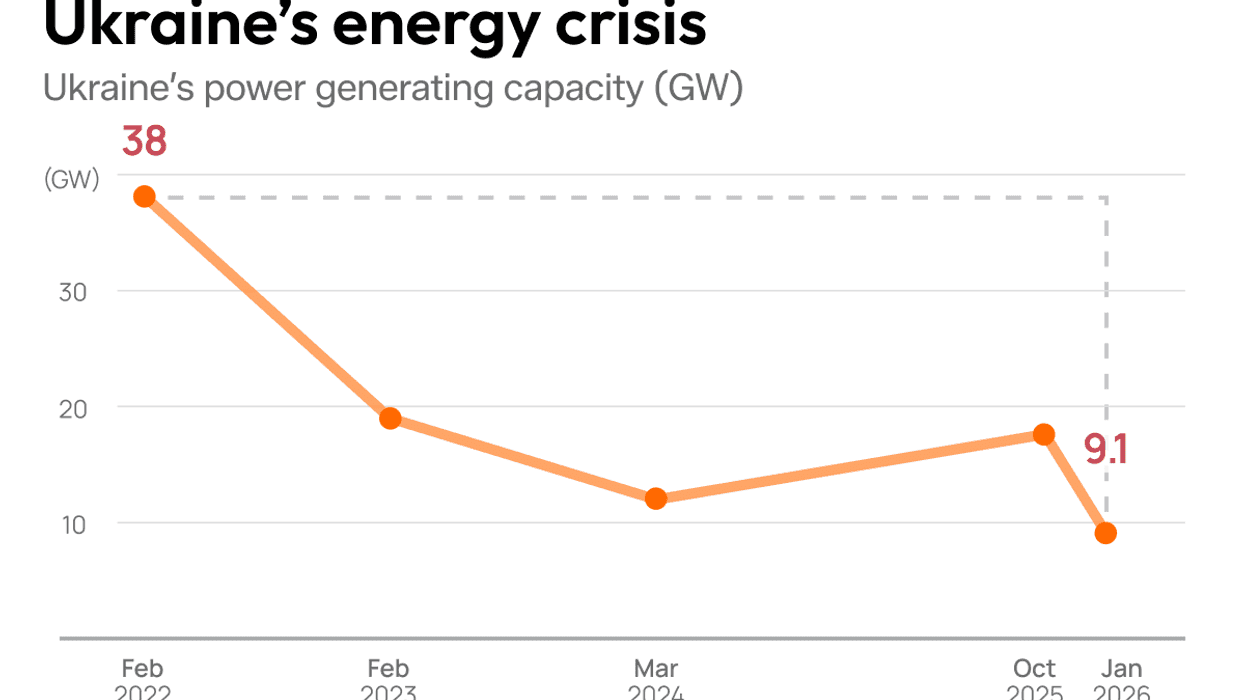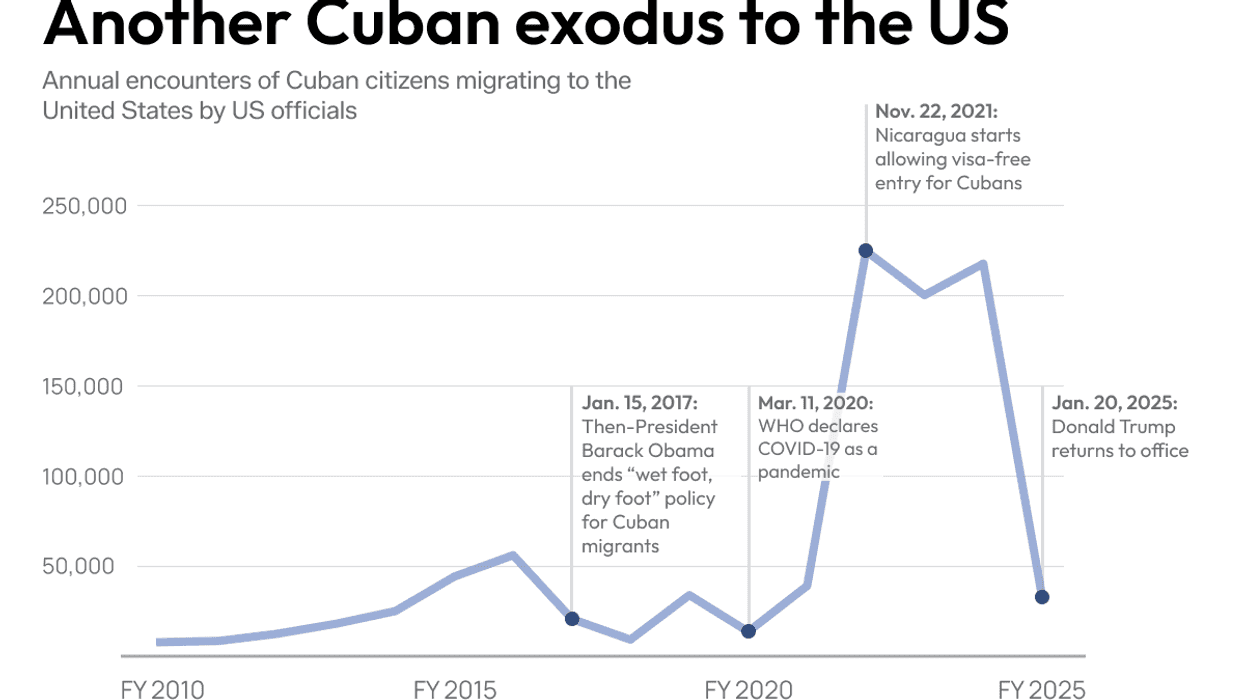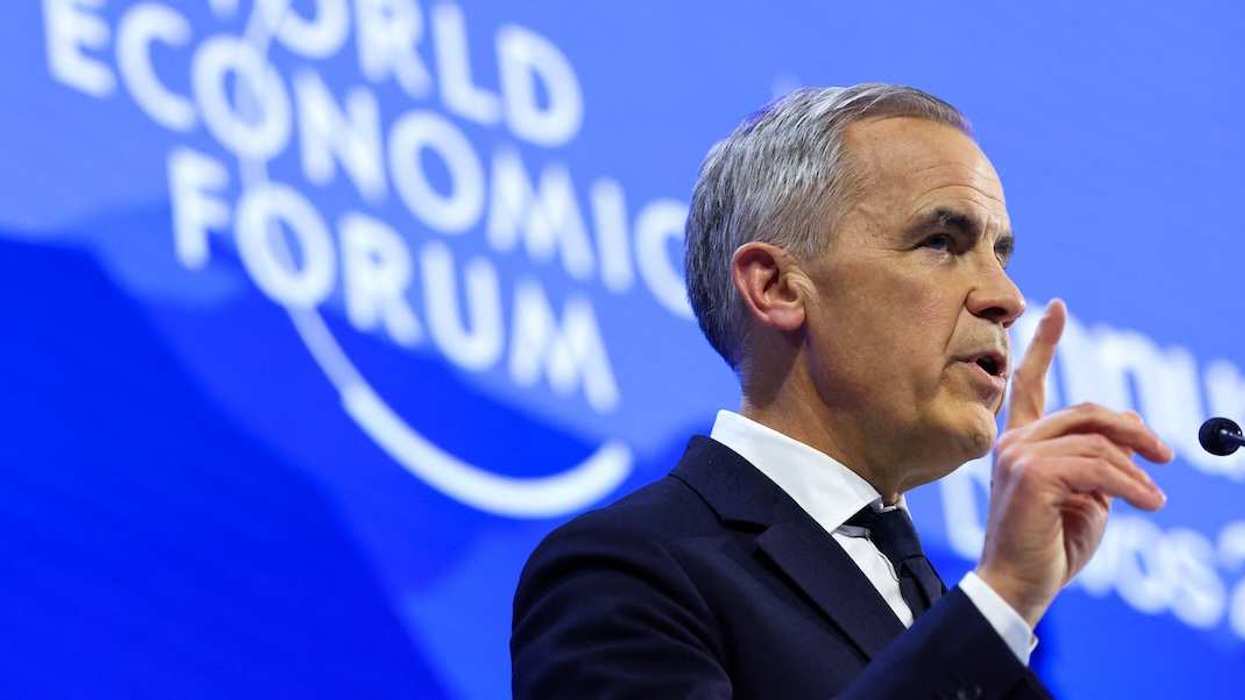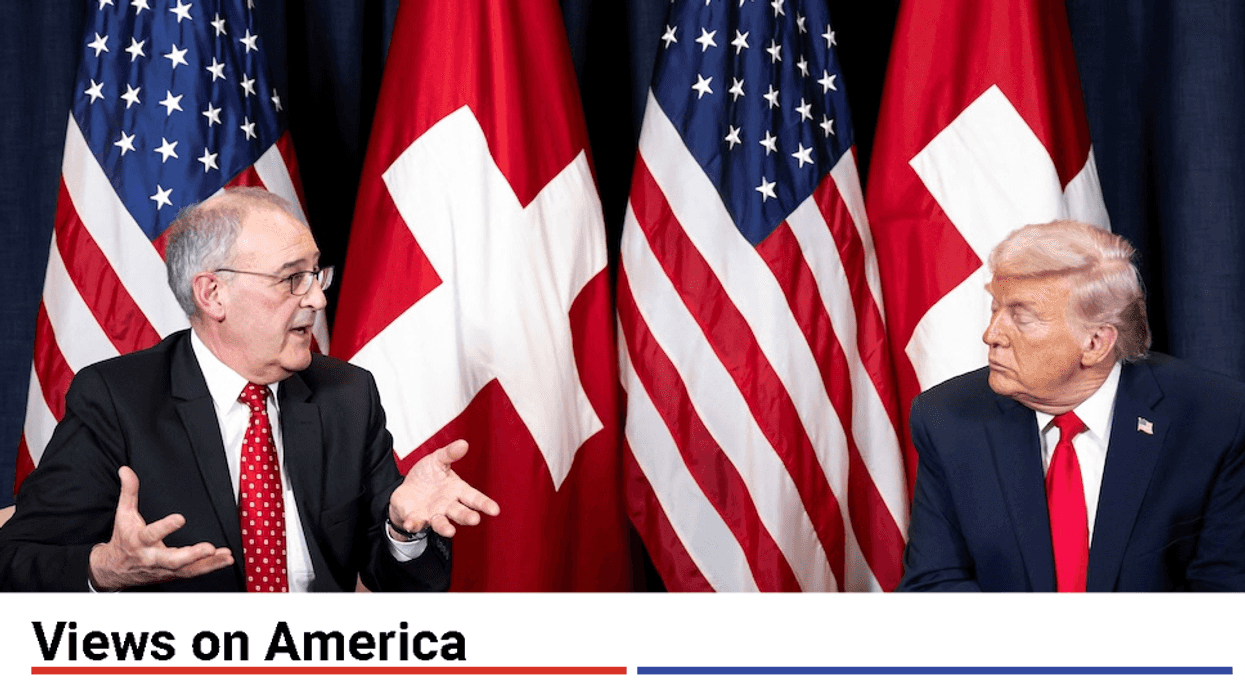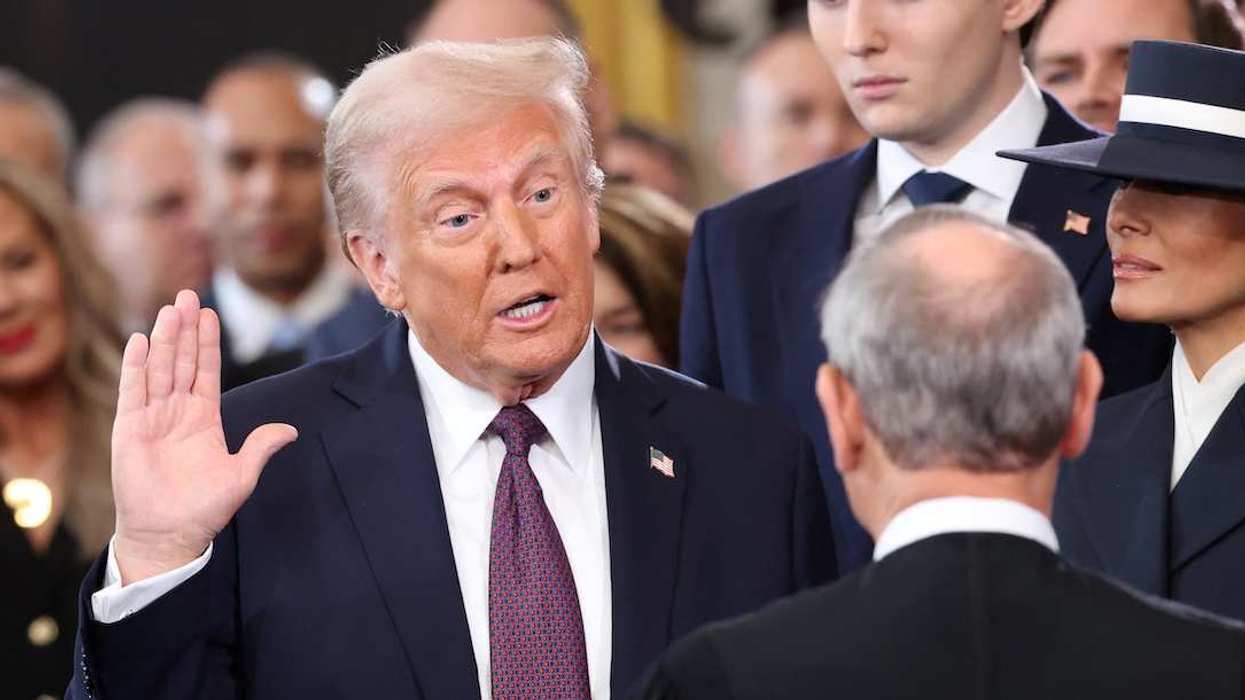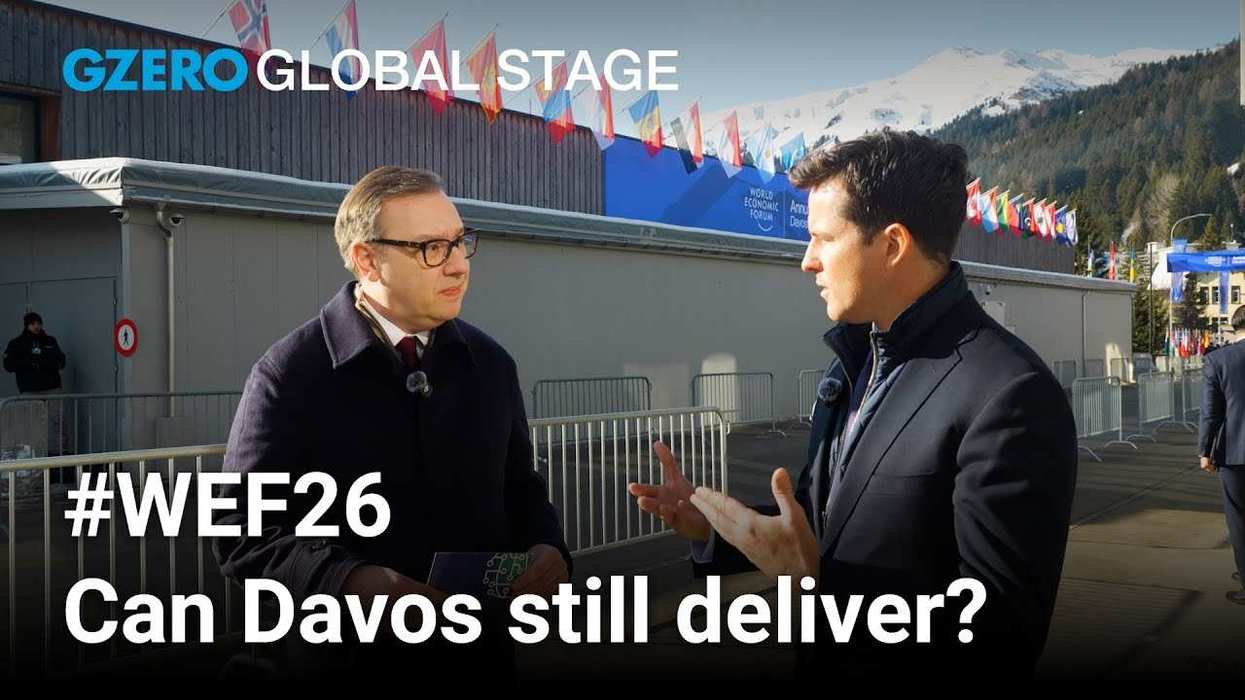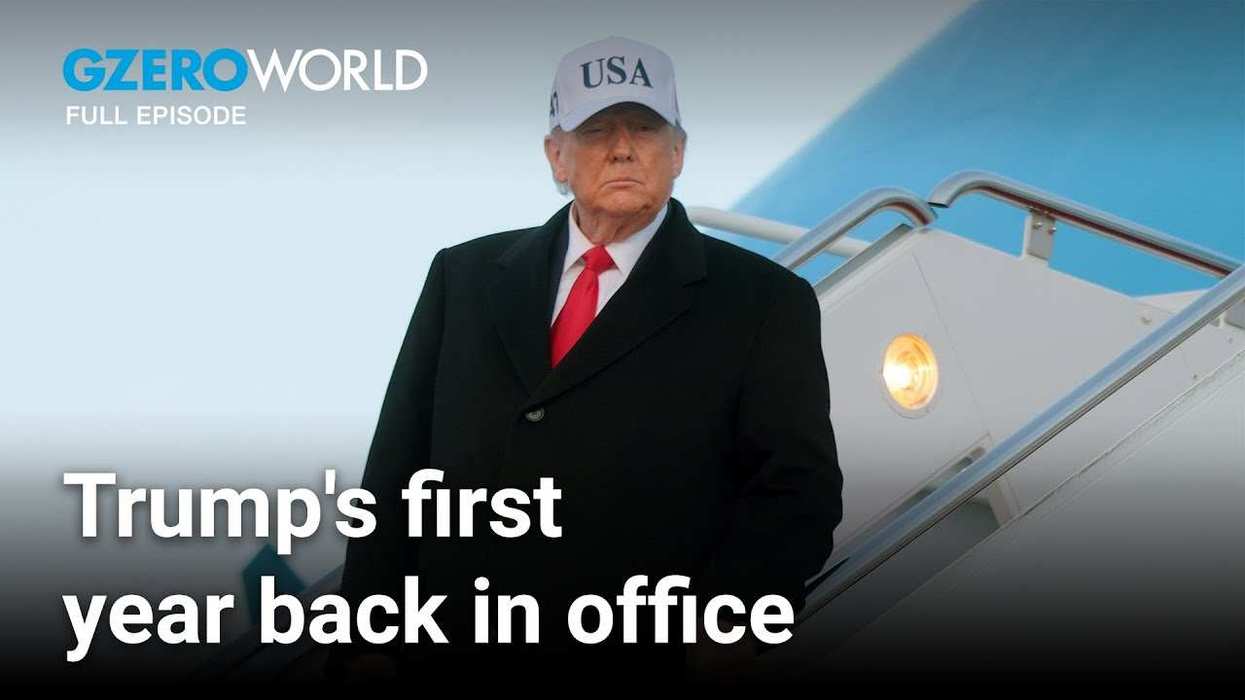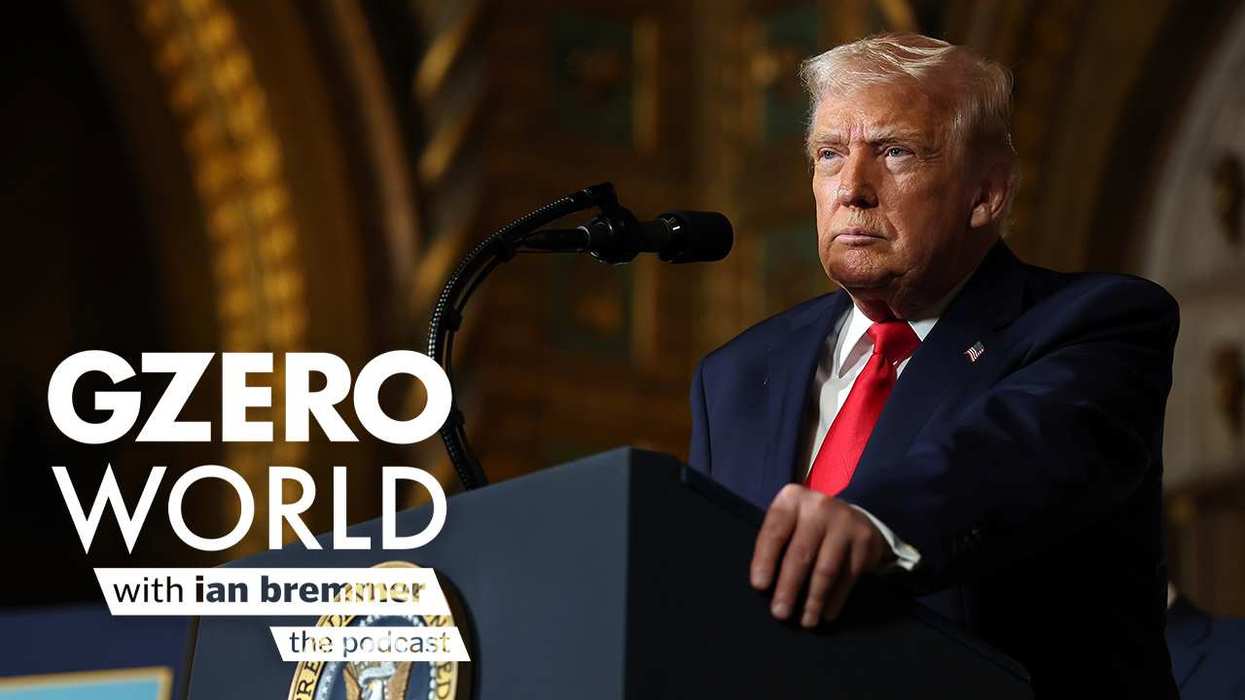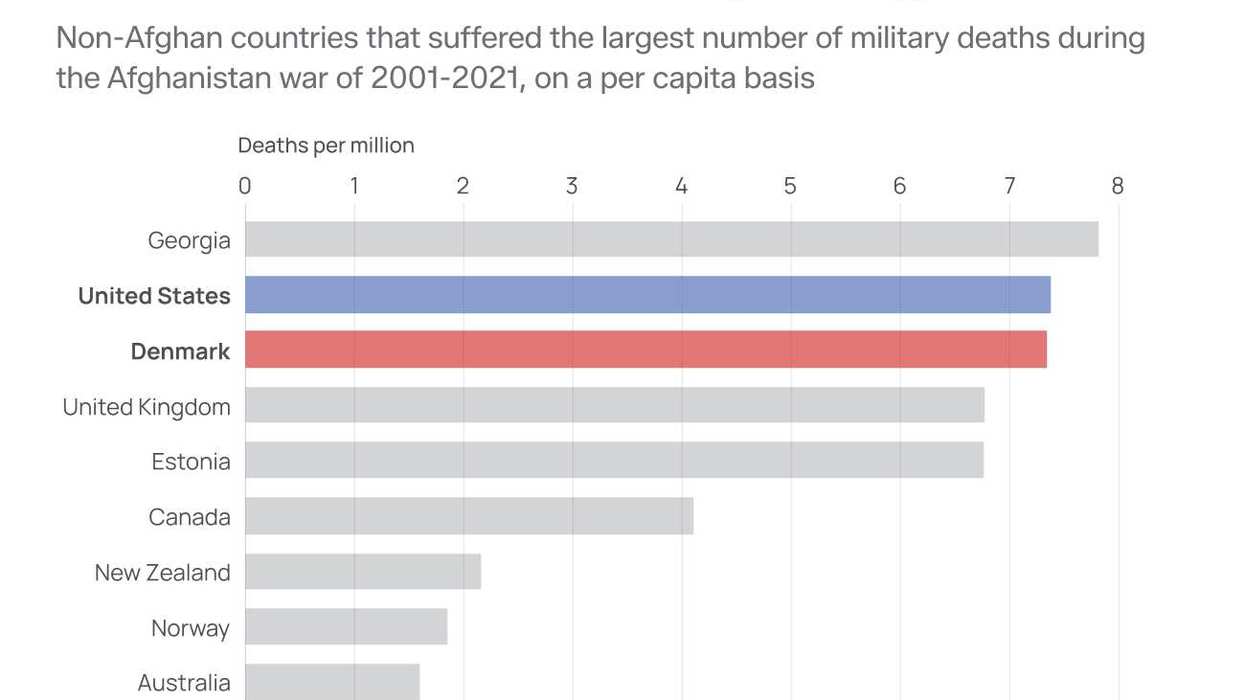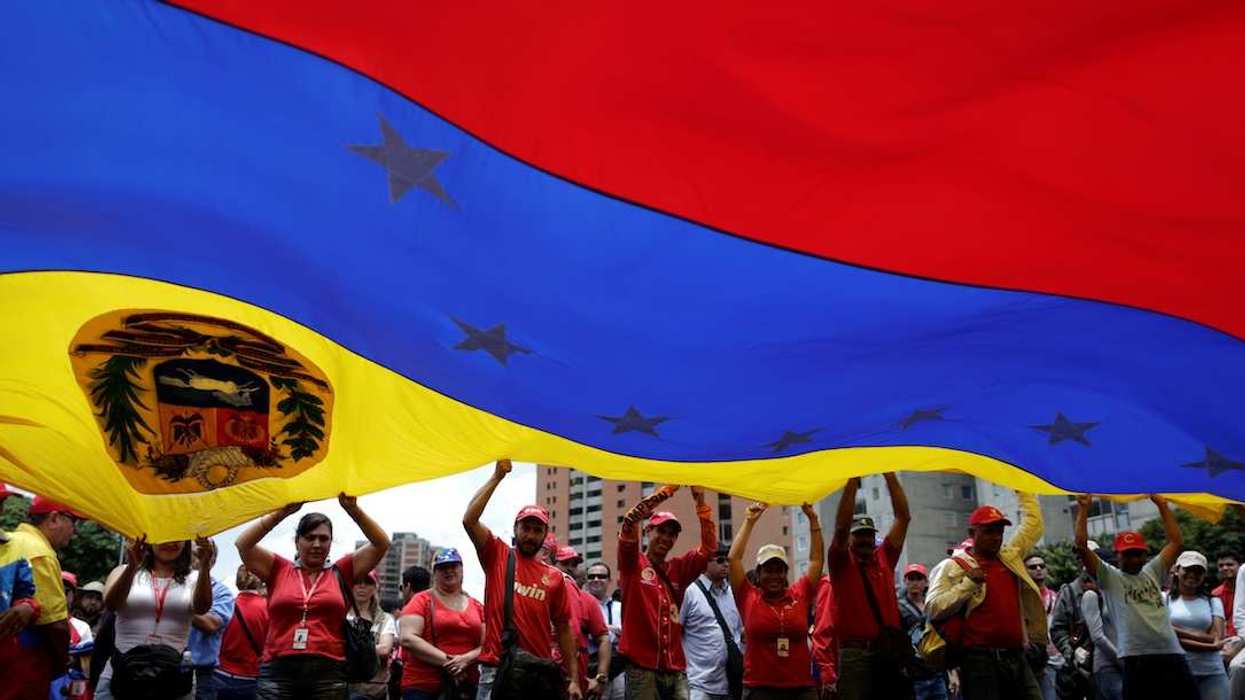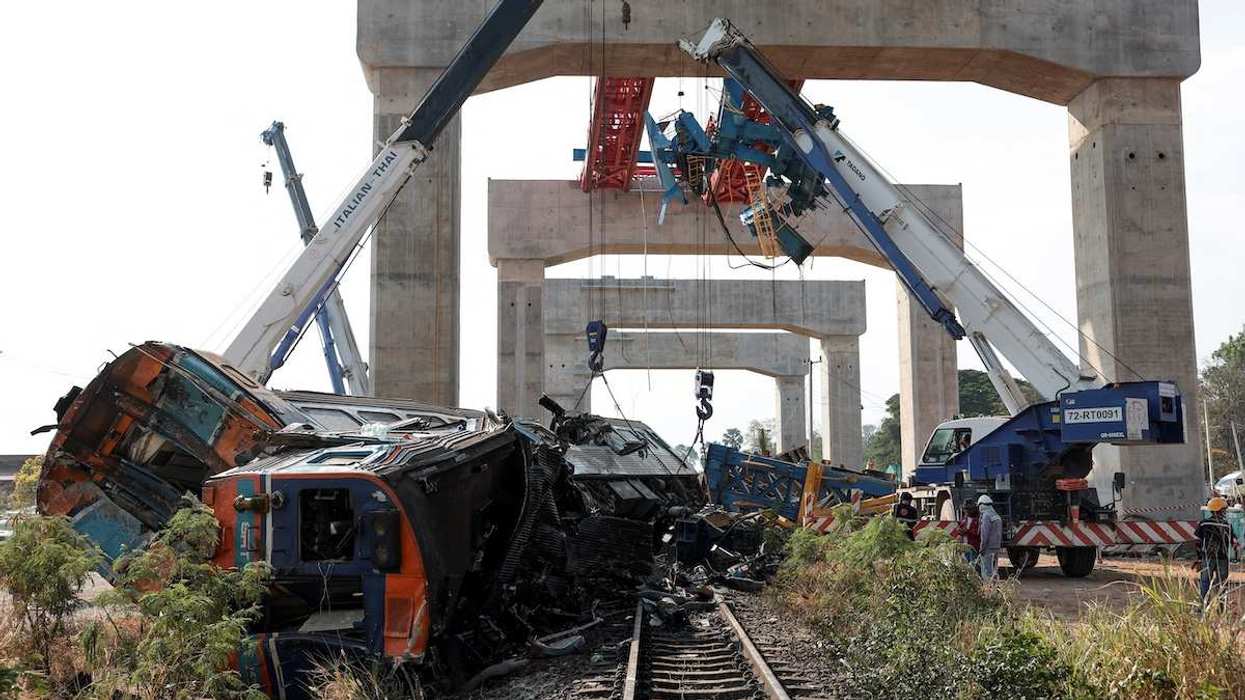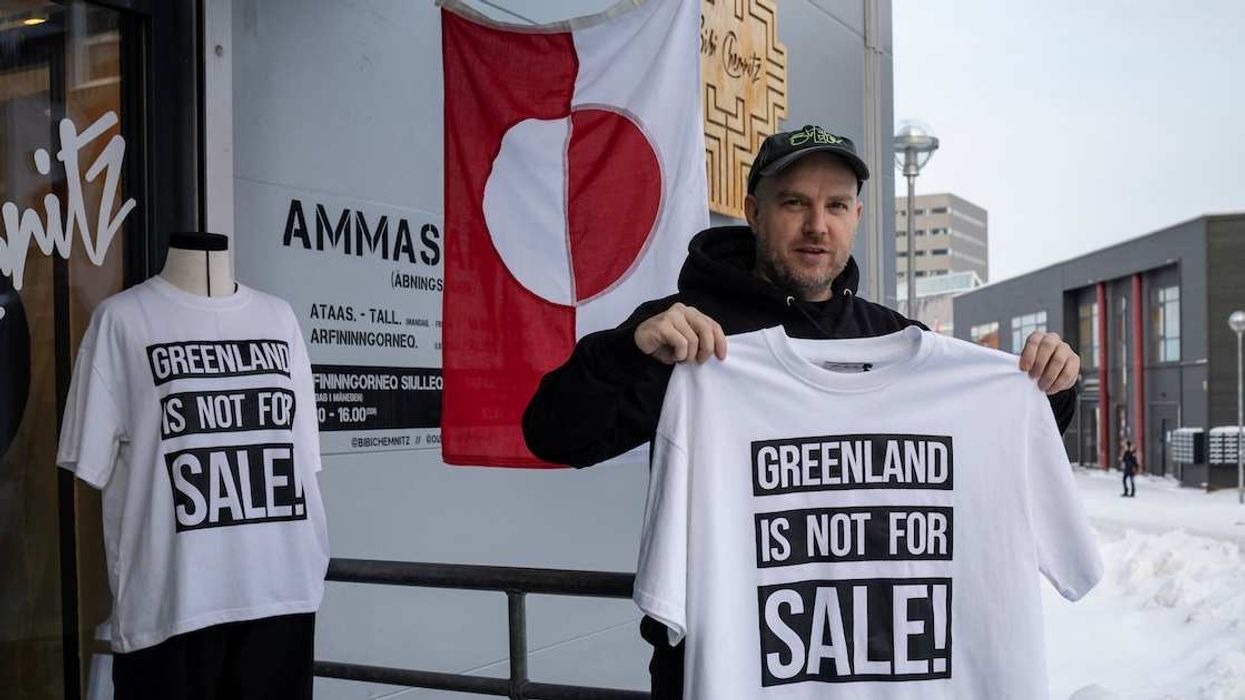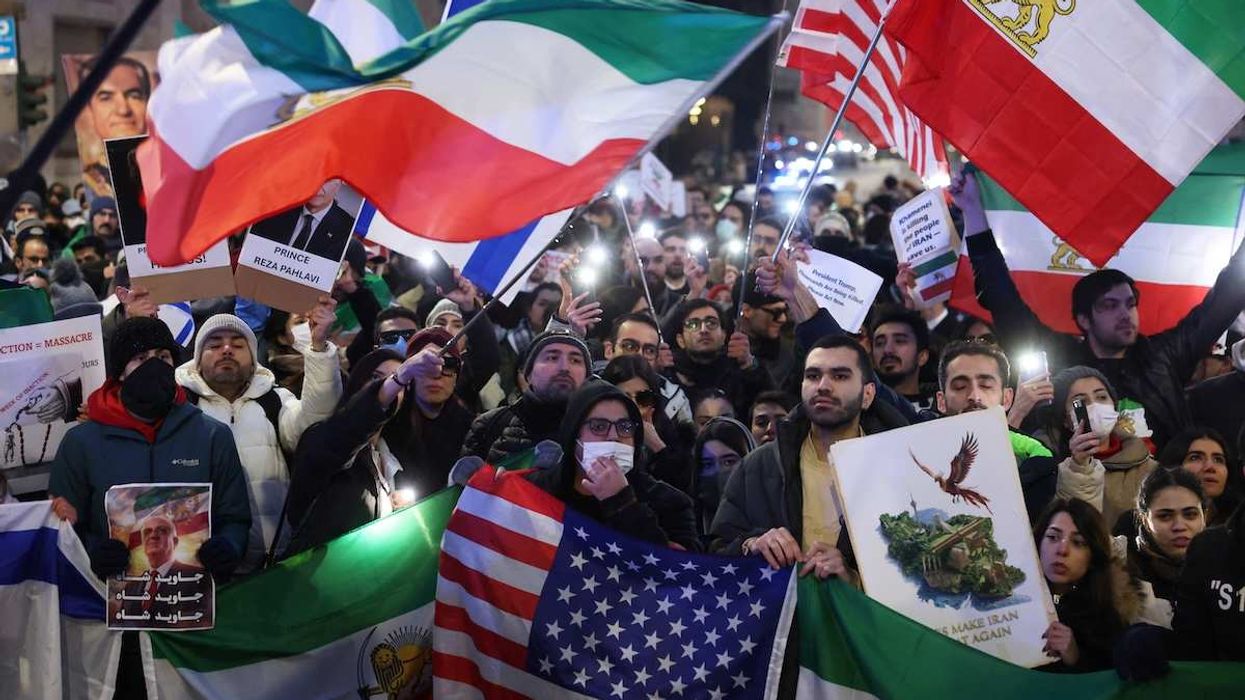VIDEOSGZERO World with Ian BremmerQuick TakePUPPET REGIMEIan ExplainsGZERO ReportsAsk IanGlobal Stage
Site Navigation
Search
Human content,
AI powered search.
Latest Stories
Sign up for GZERO Daily.
Get our latest updates and insights delivered to your inbox.
Global Stage: Live from Davos
WATCH
popular
Presented by
On GZERO World, Ian Bremmer asked financial historian Adam Tooze: Did the US really have the greatest economy in the world?
There are pockets of incredible affluence, of great success, of technological prowess of world conquering corporate ambition. Think of the tech firms, think of the way in which American banks have swept European competition out of the way. America, corporate America, elite America is one of the great winners of globalization, unsurprisingly, since they were the architects of that project. Have acquired other people along the way. The Chinese now are major contributors.
But that just doesn't capture the reality of middle America, let alone the bottom 20% to 30% of the American income of wealth distribution who have seen barely any real income growth. There's a huge argument about the statistics, but there's very little real dispute about the fact that the real incomes of those at the bottom third have seen barely any progress since the Bicentennial. American history divides into two epochs. Moment of the American dream up to 1976 and the period since. What this crisis does is of course hit precisely the weakest communities. It hits those who are most fragile, whose health insurance is precarious, who are working part time jobs in the service sector. It hits women as well. And it turns out from a medical point of view, it's the African American population, all of which are groups also which have minimal financial resources. We know that 40% plus of American households can't basically cover expenses for more than a few months without a paycheck and have precious little financial reserve, basically no net wealth. So those people are going to suffer a fundamental shock here. And this idea of rebuilding, really or making them whole begs the question of what it is that we would plan to return to because they weren't whole in the first place.
Keep reading...Show less
More from popular
Graphic Truth: Costa Rica’s severe murder rate
January 30, 2026
Costa Rica’s crime-time election
January 30, 2026
You vs. the News: A Weekly News Quiz - January 30, 2026
January 30, 2026
Why the EU-India trade deal matters
January 29, 2026
What to know about China’s military purges
January 28, 2026
Five forces that shaped 2025
January 28, 2026
What’s Good Wednesdays™, January 28, 2026
January 28, 2026
Two US borders, two different approaches to Trump
January 28, 2026
Walmart’s commitment to US-made products
January 28, 2026
GZERO Europe
Jan 27, 2026
ask ian
Jan 27, 2026
China’s economy is growing, but it’s stuck in a deflationary trap
January 27, 2026
Building community-first AI infrastructure
January 27, 2026
The world economy is resilient, despite tariffs
January 27, 2026
Quick Take
Jan 26, 2026
America’s WHO exit leaves a leadership vacuum
January 26, 2026
Economic Trends Shaping 2026: Trade, AI, Small Business
January 26, 2026
Stubb: Russia is losing in Ukraine
January 26, 2026
Why space tech investment matters
January 25, 2026
Why trust is essential for AI adoption
January 24, 2026
AI in shaping power, politics, and people
January 24, 2026
Europe's wake-up call, with Alexander Stubb and Kristalina Georgieva
January 24, 2026
Can Europe stay united?
January 23, 2026
The leadership challenge of governing AI
January 23, 2026
Graphic Truth: Ukraine's energy crisis
January 23, 2026
Moldova’s leader considers whether independence is still worth it
January 23, 2026
Rishi Sunak on AI, sovereignty, and hard power
January 23, 2026
You vs. the News: A Weekly News Quiz - January 23, 2026
January 23, 2026
Which countries are leading the way in AI adoption?
January 22, 2026
Graphic Truth: the latest Cuban exodus to US shores
January 22, 2026
What does Trump want from a faltering Cuba?
January 22, 2026
Africa’s AI Future: China or the West?
January 22, 2026
Digital sovereignty in the age of AI
January 22, 2026
The Greenland crisis will test whether Europe can stand up to Trump
January 21, 2026
AI and the new world order: Global Stage live from Davos
January 21, 2026
Puppet Regime
Jan 21, 2026
Has the US-led world order ended?
January 21, 2026
Will Trump ever be satisfied?
January 21, 2026
What’s Good Wednesdays™, January 21, 2026
January 21, 2026
BofA awards $1 billion in stock to non-executive employees
January 21, 2026
Watch our Global Stage live premiere from Davos
January 21, 2026
Walmart’s commitment to US-made products
January 20, 2026
Building community-first AI infrastructure
January 20, 2026
Putin's "Special Military Operation" Bop
January 20, 2026
Hard Numbers: The first year of Trump 2.0
January 20, 2026
A new chapter for Davos: Dialogue, AI, and Global Resilience
January 19, 2026
Trump’s demands put Europe in FAFO territory
January 19, 2026
Trump's foreign policy is reshaping the world order
January 19, 2026
Why Trump is pushing to take Greenland
January 18, 2026
One year into Trump 2.0: How the world has changed
January 18, 2026
Trump's second term–one year in, with Stephen Walt
January 17, 2026
How Trump transformed the US presidency
January 16, 2026
Graphic Truth: Denmark’s losses in Afghanistan
January 16, 2026
The strange silence of Vladimir Putin
January 16, 2026
You vs. the News: A Weekly News Quiz - January 16, 2026
January 16, 2026
A tale of two protests
January 15, 2026
Why Trump’s Greenland threats alarm Europe
January 14, 2026
Will Iran’s protests bring down the regime?
January 14, 2026
Crypto goes steady
January 14, 2026
What’s Good Wednesdays™, January 14, 2026
January 14, 2026
Uganda’s “new breed” of leadership gets old
January 14, 2026
Trump targets Fed chair
January 13, 2026
Walmart’s commitment to US-made products
January 13, 2026
Venezuela owes China money. Will Beijing see it?
January 13, 2026
GZERO Series
GZERO Daily: our free newsletter about global politics
Keep up with what’s going on around the world - and why it matters.
